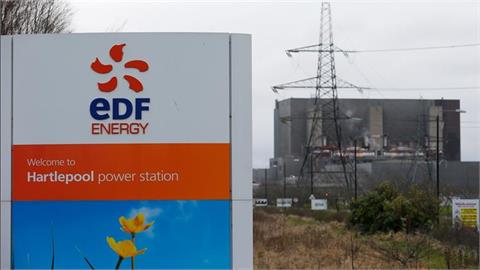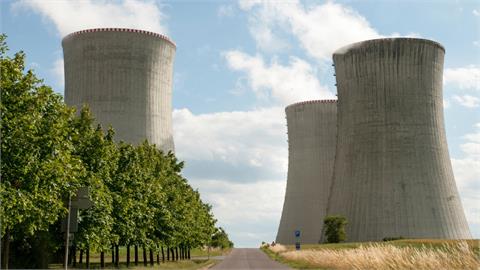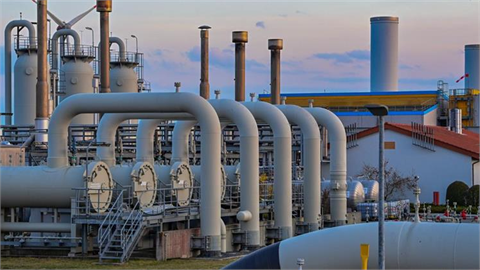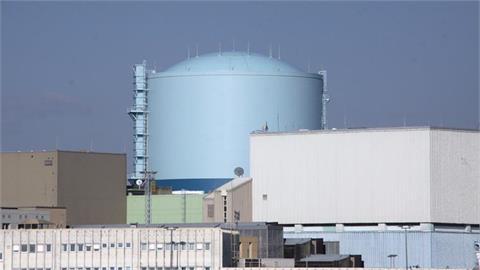by Christian Bogmans, Andrea Pescatori and Ervin Prifti* The induced transition from fossil fuels to low-carbon energy can affect firm investment through powerful anticipation effects. This column uses a firm-level measure of climate policy exposure to show that climate policies have already led to a 6.5% decline in global investment by publicly traded oil and gas companies between 2015 and 2019
The findings reject the ‘green paradox’ model, which predicts that firms will increase investment to pump more oil and gas before climate policies are implemented, in favour of the neoclassical investment model, in which firms pre-emptively cut investment in anticipation of a reduction in future demand or when they are faced with a higher cost of capital.
A smooth energy transition requires moving away from fossil fuels at a pace that is commensurate with the adoption of renewable energy. This challenging balancing act is complicated by the forward-looking nature of energy investment and extraction, which saddles companies and investors with the challenging task of correctly anticipating future revenues in a rapidly changing market and policy environment. This poses a transition risk that is specific to each company and sector, but that for most oil and gas companies represents a large downside risk in the form of the potential loss in the value of their physical and financial assets (van der Ploeg and Rezai 2020).
The literature has typically split transition risk into technology risk and climate policy risk. The latter seems especially relevant for oil and gas companies. In contrast to previous transitions, such as the one from biomass to coal in the 18th and 19th centuries that underpinned the first industrial revolution, climate policies are crucial for controlling the direction and pace of the current transition. Since the adoption of the Paris Agreement in 2015, many countries have pledged and announced targets to reduce carbon emissions in the not-so-distant future, sometimes coupled with policies that, once ramped up, should make these targets feasible. While the energy transition is a slow-moving process it has a level of predictability that has already induced some investors to react, for example in the form of fossil fuel divestment pledges (Pless 2023).
*Christian Bogmans is Senior Economist at International Monetary Fund. Andrea Pescatori is Economist at International Monetary Fund. Ervin Prifti is Senior Economist at International Monetary Fund
(for the rest of the article, visit cepr.org)




